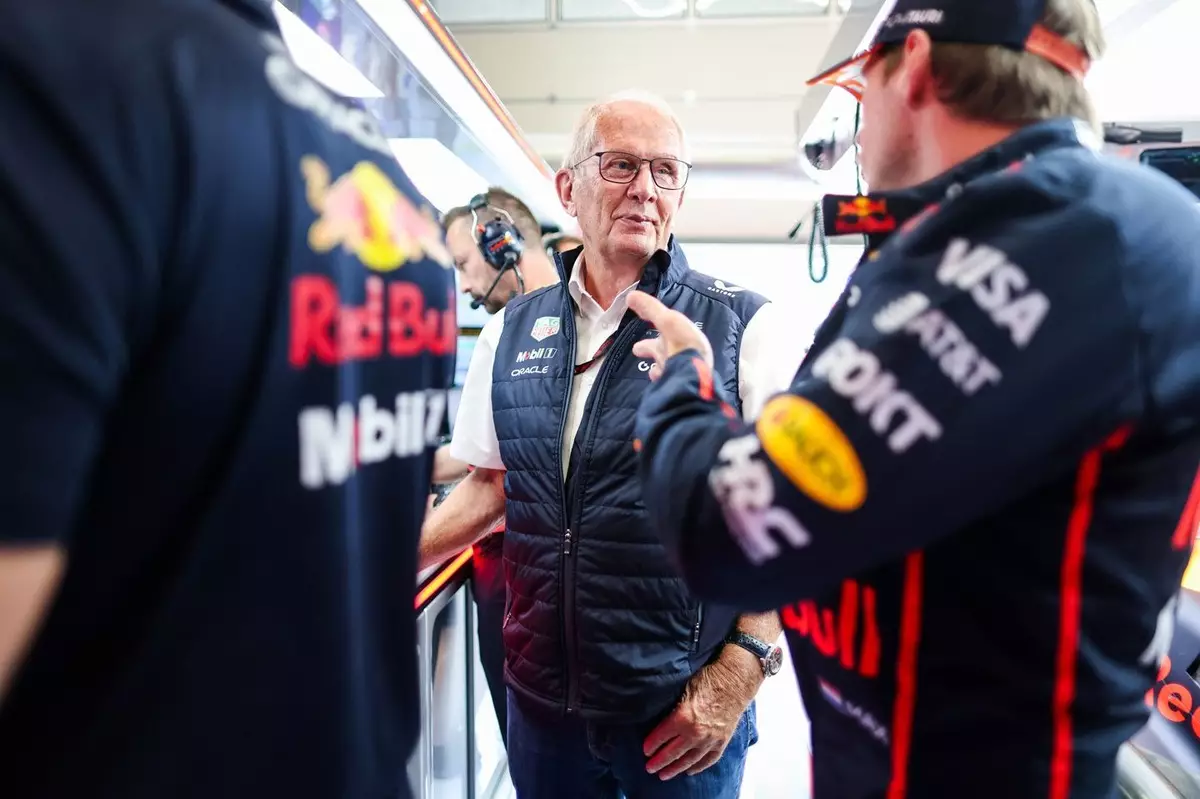The recent Austrian Grand Prix was nothing short of a nightmare for Max Verstappen and his team. An early collision, a rare stumble in the points standings, and a clear shift in momentum mark a turning point that warrants serious introspection. Verstappen’s misfortune—crashing out on the first lap after being shoved aside by a rookie—highlighted a streak of less-than-dominant performances that contrasts sharply with his previous championship-winning trajectory. While the season seemed virtually assured earlier in the year, the last five races have thrown up unsettling questions about Verstappen’s form and Red Bull’s resilience.
What’s most compelling about this situation is not just the immediate results, but the underlying implications for the team-driver dynamic. Red Bull, which once seemed unstoppable, now faces mounting doubts about whether they can sustain their competitive edge. Verstappen’s recent dry spell—including no wins in the last five races—further complicates perceptions. It’s a reminder that even the most talented and dominant drivers can face moments of vulnerability that threaten to destabilize the entire team’s momentum.
Contract Shadows and Exit Clauses: The Modern F1 Puzzle
Despite the disheartening setbacks, team advisor Helmut Marko has sought to dispel speculation about Verstappen’s immediate departure, emphasizing the strength and longevity of the current contract—until 2028. Marko’s words could be seen as mere reassurance, but they also reveal an undeniable truth about the nature of elite sports today: performance clauses are more commonplace than ever, giving drivers like Verstappen an exit route should the partnership turn sour.
However, the ambiguity around such clauses fuels rumors. Verstappen’s own comments—brief, evasive, and seemingly indifferent—add fuel to the fire. When asked about his future, his non-committal response underscores a philosophical detachment, or perhaps a strategic stance to avoid fueling speculation. It hints at a complex mind at work—one that is no longer just focused on winning but also on managing perceptions and potential futures amid turbulent waters.
Such contractual intricacies reveal a paradox endemic to modern Formula 1: the sport’s top talents wield unprecedented power, yet their futures are often subject to opaque clauses and negotiations that can eclipse on-track performance. Verstappen’s situation exemplifies this shift, where even a four-time world champion must navigate the delicate terrain of contractual certainty versus underlying doubt.
The Uncertainty of Future Dominance
Verstappen’s current circumstances raise broader questions about dominance and stability within Red Bull’s racing empire. The team’s recent struggles—culminating in Austria’s disappointing outcome—cast a shadow over their once unassailable confidence. The questions aren’t merely about their recent form, but about whether this slump is temporary or indicative of deeper systemic issues.
Verstappen’s silence and fleeting responses serve as subtle signals—he is perhaps questioning the trajectory himself. The fact that he’s now third in the standings, and with his team trailing in the constructors’ race, hints at a potential shift in internal dynamics. Is this just a temporary dip, or are we witnessing the early signs of a more profound transition?
Adding to the intrigue is Verstappen’s apparent detachment, a trait often misunderstood but possibly strategic. In an era where athletes are scrutinized intensively, his reluctance to clarify his commitment could be a calculated move—either to keep options open or to deflect mounting pressure. Either way, it demonstrates the complex interplay between performance, perception, and personal agency that marks current F1 politics.
If Not Now, Then When?
The next phase of Verstappen’s career, and by extension Red Bull’s future, hangs in a delicate balance. The team’s rhetorical stance of unwavering commitment contrasts sharply with Verstappen’s subdued public signals of dissatisfaction or at least ambivalence. This tension underscores a critical truth about top-tier motorsport: dominance is fragile, and the margin for error narrows as expectations grow.
In many ways, Verstappen’s current predicament echoes themes of near-lightning in a bottle—an athlete who’s achieved greatness but now grapples with the questions of sustainability and loyalty. For Red Bull, the challenge lies in rekindling their youthful, aggressive momentum while safeguarding their star driver’s trust. For Verstappen, the questions revolve around whether the allure of new challenges outweighs the comfort of a proven environment.
Ultimately, all signs suggest that the upcoming races will be instrumental in redefining this narrative. Will Red Bull renew their commitment, weather the storm, and restore their dominance? Or will internal doubts and external pressures push Verstappen onto a different path? These questions remain open, but one thing is clear: the very fabric of Verstappen’s racing journey is being rewoven amid uncertainty and ambition.


Leave a Reply